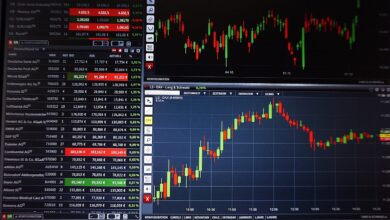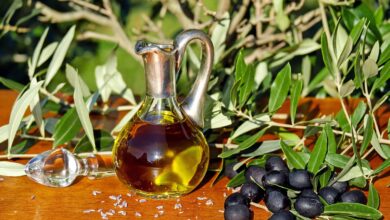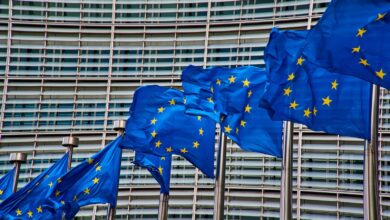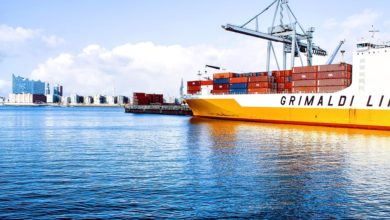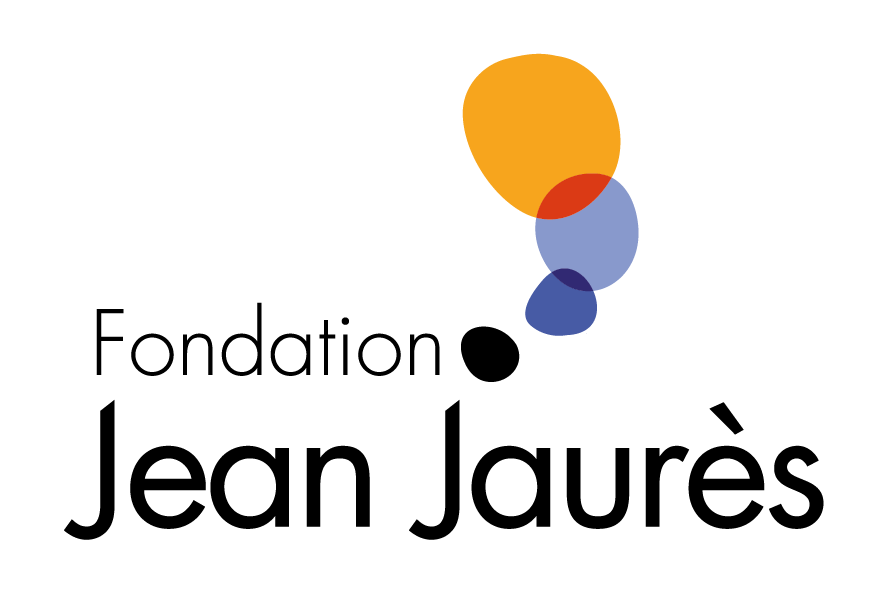
Download the PDF
In a recent article published on the Jean Jaurès Foundation’s website (in French), Éric Andrieu, Member of the European Parliament, Frédéric Courleux, Director of Studies for Agriculture Strategies, and Dominique Potier, Member of Parliament for Meurthe-et-Moselle, and Director of the agricultural observatory of the Jean Jaurès Foundation, signed a column on the opposition of farmers to free trade agreements.
This unanimity is rare enough to be noted: all the agricultural unions express strong opposition to the free trade agreements with Canada and Mercosur. In order to avoid judgments stigmatizing a misunderstanding of the market economy or even the emergence of a “neo-protectionism”, it seems more than ever necessary to explain the reasons for this opposition, what Eric Andrieu, Member of the European Parliament, Frédéric Courleux, Director of Studies for the Agriculture Strategies think-tank, and Dominique Potier, Member of Parliament for Meurthe-et-Moselle, Director of the Foundation’s Agriculture Observatory, are doing in this column.
We identify three reasons for this opposition: European production standards which do not apply to imports, the discrepancy between the precepts of free competition and the reality of the functioning of agricultural markets and, finally, the lack of reaction from the European authorities faced with a crisis in which agriculture has been sinking for more than five years.
High production standards incompatible with environmental dumping of imports
The European Union undeniably has one of the highest levels of food safety in the world. The health crises of the 1990s – let’s remember the mad cow – led to raising standards and, above all, sharing them across Europe. But this level of excellence translates into additional costs borne by the community (health checks) and especially by the various operators (prohibited uses, self-checking, adapted equipment, etc.).
The same is true for pesticides. Reducing their use, or even doing without them, results in more random returns and the mobilization of additional labor. These additional costs cannot always be offset by better recovery via official signs of quality and origin (SIQO) such as organic farming (AB) or high environmental value (HVE).
It is certainly not a question of lowering a level of requirement recognized and sought beyond our borders. But faced with the desire to open our borders to feed from farms incorporating animal meal in rations, or using pesticides banned on our territory, we can understand the opposition of farmers denouncing distortions of competition , or even environmental dumping.
The concept of imported pollution is enlightening here. There is a great risk that, without support or compensation, the rise in our levels of health requirements will destabilize European agricultural production and subject us to an increase in imports which do not meet the same standards. While glyphosate is in the process of being banned in France, Germany and Austria, it is surprisingly surprising that no control over pesticide residues is carried out on imports of soybeans for animal feed.
The myth of the invisible hand and the reality of the functioning of agricultural markets
The second reason for farmers’ dissatisfaction results from their understanding of the real functioning of agricultural markets. The promoters of these agreements highlight the value of free competition and comparative advantages. Farmers note that the concentration of players in the food industry and distribution is so great that the prospect of gaining market share does not weigh much in the face of the risk of seeing greater trade opening translate into pressure declining on the domestic market.
The offensive European interests are mainly those of dairy giants like Lactalis which has just bought the dairy branch of Kraft Heinz Canada for a billion euros in order to recover part of the import quotas of European cheeses that the Canadian government had granted to its cheese manufacturers. Can French producers really believe that they will find an interest in it when they are already under the economic domination of quasi-monopolies? No, they only see that their Canadian counterparts risk losing their own market regulation tools. Thus, we are increasing competition, already too strong, between farmers from here and elsewhere, and we are doing nothing with regard to oligopolies to concretize the discourses on the benefits of competition.
The original Common Agricultural Policy (CAP) of the 1960s was built around regulatory tools such as floor prices or quotas which compensated for imbalances in market power within the sectors. The desire to open trade borders will have led to the removal of these tools without increasing the bargaining power of producers or even that of the central purchasing agencies. It is now evident that the need to protect consumers and farmers from monopolies calls for a strengthening of the role of public authorities in agricultural markets.
The argument of international specialization and comparative advantages is tirelessly repeated by the promoters of the agreements. However, faced with the imperatives of combating climate change and protecting biodiversity, the current level of specialization in agricultural basins already appears to be too high. In addition to the transport it induces, and even reminds you of the obvious, monoculture is not good for biodiversity! On the contrary, it is the diversity and the combination of polyculture and livestock that should be promoted in each territory.
Finally, must we remember that the economists of the new geographic economy have demonstrated that the theory of comparative advantages was valid with a non-mobile factor, but was refuted in the presence of two fixed factors? Agriculture is characterized by two fixed factors: work and agricultural land. We can therefore clearly see the tension that the play of comparative advantages causes agriculture to endure, with as a corollary the migrations suffered by rural populations driven by too low agricultural prices.
Abandoned by the CAP in the face of a worsening crisis
The third dimension of refusal is due to the crisis they have endured in most sectors since the reversal of the “super cycle” of raw materials from 2013: the CAP has not been adjusted accordingly, even though the others agricultural powers are strengthening their agricultural policies and increasing emergency measures.
In times of crisis, granting new import quotas for beef or sugar is understood by farmers to be a provocation on the part of Brussels. They are not in principle hostile to trade, they only find that they are connected unprotected to international dumping prices.
Economic theory would like international prices to balance at the level of the production costs of the least competitive farmers, but nevertheless necessary to satisfy aggregate demand. The reality of the markets is quite different: outside periods of food security crises, international prices are those of the most aggressive export production areas. To be convinced, take the example of New Zealand whose exports represent 40% of international trade in dairy products and are considered as the benchmark for international trade, but the country of kiwis produces only 5% of global milk and cannot produce more.
How our farmers, among the best in the world, could accept to be the adjustment variable again to allow defenders of the dogma of free trade to save face and continue to hide their ideological flaws behind an “end of the peasants ”who can no longer take it for granted that so many extra arms and brains will be needed to meet the challenge of environmental transition?
It is clear that the trajectory of the CAP started with the 1992 reform has been misguided as well as the WTO agricultural rules which are based on the same logic, that of the decoupling of support. To get out of overproduction, it was a question of reducing the distortions so that the markets return to their equilibrium level: the movement started will have resulted in a speculative surge in prices and a series of food crises from 2008. Result : the WTO and the Doha Round have since been deadlocked.
The European Union therefore finds itself in the uncomfortable situation of defending rules incompatible with world food security while at the same time wanting to be the champion of multilateralism. But changing course often calls into question, so much so that the European Union prefers to run ahead in free trade agreements to maintain political leadership.
Environmental dumping, reality of the competition regime, excessive specialization, dumping of international prices and social crises, it seems more than ever necessary to listen to the grievances of the victims of neo-liberal globalization that are European farmers. Reshaping the CAP is more than ever necessary to get out of the social agricultural crisis. To meet environmental challenges and ensure food security, we will need, as Edgard Pisani claimed, all farmers.
Eric Andrieu, MEP
Frédéric Courleux, Director of Studies at Agriculture Stratégies
Dominique Potier, Member of Parliament for Meurthe-et-Moselle, and director of the Agriculture Observatory of the Jean Jaurès Foundation








